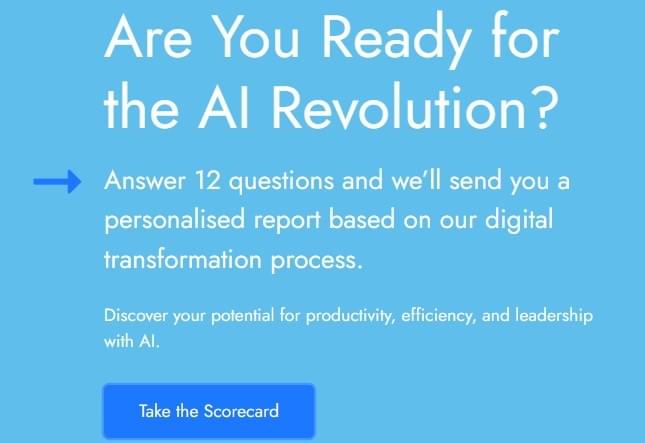The nature of work is undergoing a profound shift. As the Fifth Industrial Revolution, fueled by AI and automation, gathers momentum, companies face a critical choice. Will they adapt and reimagine their approach to work, or will they be left behind?
The changes are already in motion. Globally, 16% of businesses have transitioned to fully remote operations, while over 80% have implemented AI in various forms - a number expected to grow by 37% yearly. Economist Nick Bloom predicts remote work will level off at 28% of total work days, a substantial increase from pre-pandemic times.
A five times shift in less than five years...
However, this shift towards remote work varies across income levels. Bloom's research indicates that the highest earners, those making over $250,000 per year, have experienced the greatest increase in remote work, while those earning less than $50,000 have seen minimal change.
But it's not just the location of work that's evolving - the fundamental nature of work is also being reshaped. In the late 1800s, the typical worker logged over 3,000 hours annually. Today, that number has dropped to around 1,800 hours - a significant 40% reduction. Women have also made considerable progress, going from 20% of the workforce a century ago to nearly half today. Surely both these things are a good thing. Yet, many people see progress as a problem. As proven by when Dan Sodergren, technology futurist and future of work expert, was asked on TalkTV, and clashed swords with traditionalist Petrie Hosken

Is everything amazing with the world changing?
In reality, away from the exceitment of change for changes sake, it's a mixed bag. For employees, this new landscape offers both benefits and challenges. 77% of remote workers cite increased productivity, and eliminating the commute saves an average of 40 minutes daily. Companies that support remote work also experience 25% lower turnover rates.
Nevertheless, remote work also presents difficulties. Communication and collaboration issues are the top concerns for remote workers, while loneliness affects nearly 1 in 5. Employers can save an average of $11,000 annually per half-time remote worker and improve retention, but they must also navigate complex legal and compliance risks.
As AI and automation advance, we anticipate a proliferation of new hybrid roles that combine technical expertise with AI proficiency. Concurrently, distinctly human abilities such as creativity, empathy, and critical thinking will become increasingly valuable.
The most successful organizations will be those that foster collaboration between humans and machines, continuously upskill their employees, and create flexible environments where human ingenuity and AI capabilities work hand in hand. Something we talk about in the book: The New Intelligence. The Fifth Industrial Revolution.

Is the future more independent?
Independent contracting is another major force reshaping the workforce, with projections indicating freelancers will make up the majority of U.S. workers by 2027. Moreover, as work moves into virtual spaces like the metaverse, AI technologies could potentially generate 58 million new jobs in the coming years.
While the Fifth Industrial Revolution presents significant challenges, it also holds immense potential. By proactively partnering with AI, investing in continuous skill development, and fundamentally reimagining work processes, forward-thinking organizations can harness this wave of change to achieve new levels of innovation and success.

Listening to Petrie Hosken it would appear that many older people are stuck in their ways and with their thinking. With the idea of even basic human rights around employement like the right to turn off from work are now being challenged.
The irony being is that whilst some people in some generations refuse to be progressive and change the change is already happening. It really doesn't matter whether they like the change or not. As the change is happening to them rather than becuase of them.
This techological and social change is already happening. However, it will require bold leadership and a commitment to ongoing transformation. The future has arrived - the question is, will you shape it, or will you be left in its wake? The choice is yours, but time is of the essence. The days of business as usual have passed. The Fifth Industrial Revolution is here, and it waits for no one.
